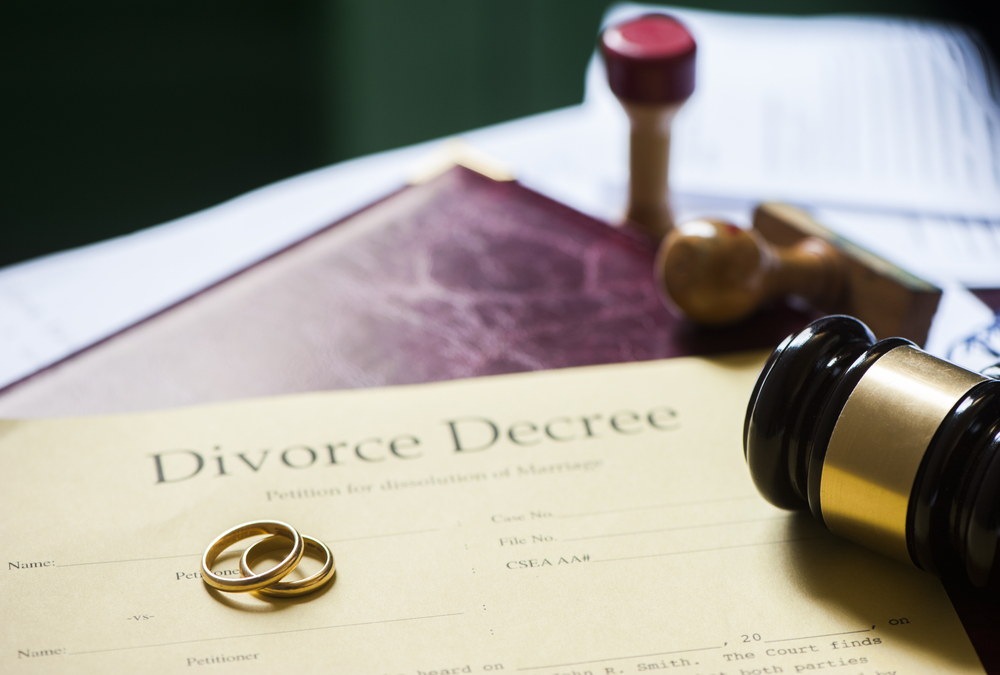Divorce is a challenging and emotional process for anyone, but it can become even more complex when you’re a business owner. Your business is not just a source of income; it’s your livelihood, your passion, and your investment. So, how can you protect your business during a divorce? In this month’s blog, we will explore some important legal strategies that business owners can implement to protect their businesses during a divorce.

Understanding Community Property Laws
In many states, including California, marital property is divided equally between both spouses during a divorce. This means that if you started your business during your marriage, it could be considered community property and subject to division. To protect your business, it’s crucial to establish that it is separate property. This can be done by providing evidence that the business was started before marriage or by having a prenuptial or postnuptial agreement that clearly outlines the business as separate property.
Related: Learn more about the division of assets and debt in a divorce here.

Valuation and Buyout Options
When dividing assets in a divorce, the value of the business needs to be determined. This requires a thorough valuation process, which may involve assessing the business’s financial statements, assets, and future earning potential. Once the value is determined, there are several options for dividing the business. One option is for one spouse to buy out the other’s interest in the business. This can be done through negotiation or by using other assets to offset the value of the business. It is essential to consult with your business lawyer or with an experienced family law attorney who can guide you through the process and ensure that your business interests are protected.
Related: Learn more about the things to consider before hiring a lawyer for your business here.
Conclusion
In conclusion, protecting your business during a divorce requires careful planning and proactive measures. At Family Law Richard E. Young & Associates, we understand the unique challenges that business owners face during a divorce. We provide personalized legal strategies to protect your business and guide you through the divorce process. Contact us at (949) 951-9529 or visit our website at richardeyoungattorney.net to schedule a consultation and learn how we can help you safeguard your business assets.







